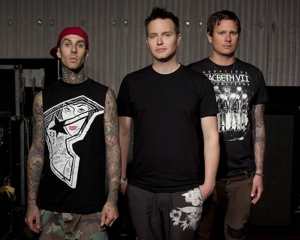
In the world of entertainment, the nerd has inherited the Earth. Hardcore fantasy show Game Of Thrones is arguably the biggest thing on television and Marvel's superhero universe films rule the blockbuster genre.
Nerds are the new normal, and they have disposable cash to spend on their obsessions.
Armageddon started in 1995 with a small group of trading-card and comic dealers setting up shop in a hall at an Auckland raceway, and now attracts tens of thousands of people every Labour Weekend, with wide aisles becoming packed with bargain hunters, hardcore gamers and cos players.
The trading-card dealers are all gone, and there are just a few comic-related traders. Armageddon stalls now feature replica weapons, T-shirts, foreign candy, action figures, high-end gaming accessories, original artwork, commemorative jewellery, small press publishing and dozens of other offerings.
There is an audience that is hungry for the product and keen to take something home from the show. Hundreds of thousands of dollars is spent on products at the extravaganza every year, while even more money is generated through the sale of autographs and photos with film and television stars. And the occasional big-ticket item racks up impressive sales -- last year, a copy of Amazing Fantasy #15, featuring the first appearance of Spider-Man, reportedly sold for almost $100,000.
Arkham City Comics owner Jeremy Bishop has been on the retail side of the table since the late 1990s. He said the power of the geek dollar had grown as pop culture became more acceptable to wider audiences.
"You've got things like the big movies and the TV shows that people are proud to enjoy and to call themselves fans of.
"That's why you see more females at the show and more people dressing up as their favourite characters, because they're connecting with those characters, and they don't feel they need to be closet fans any more."












